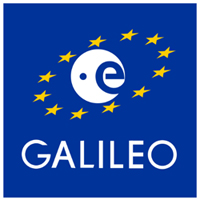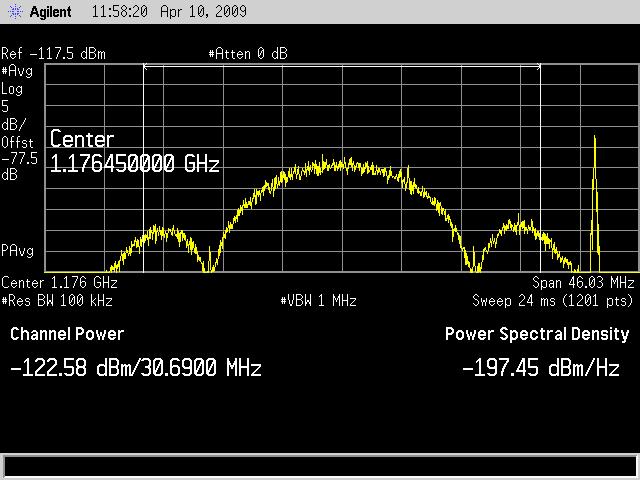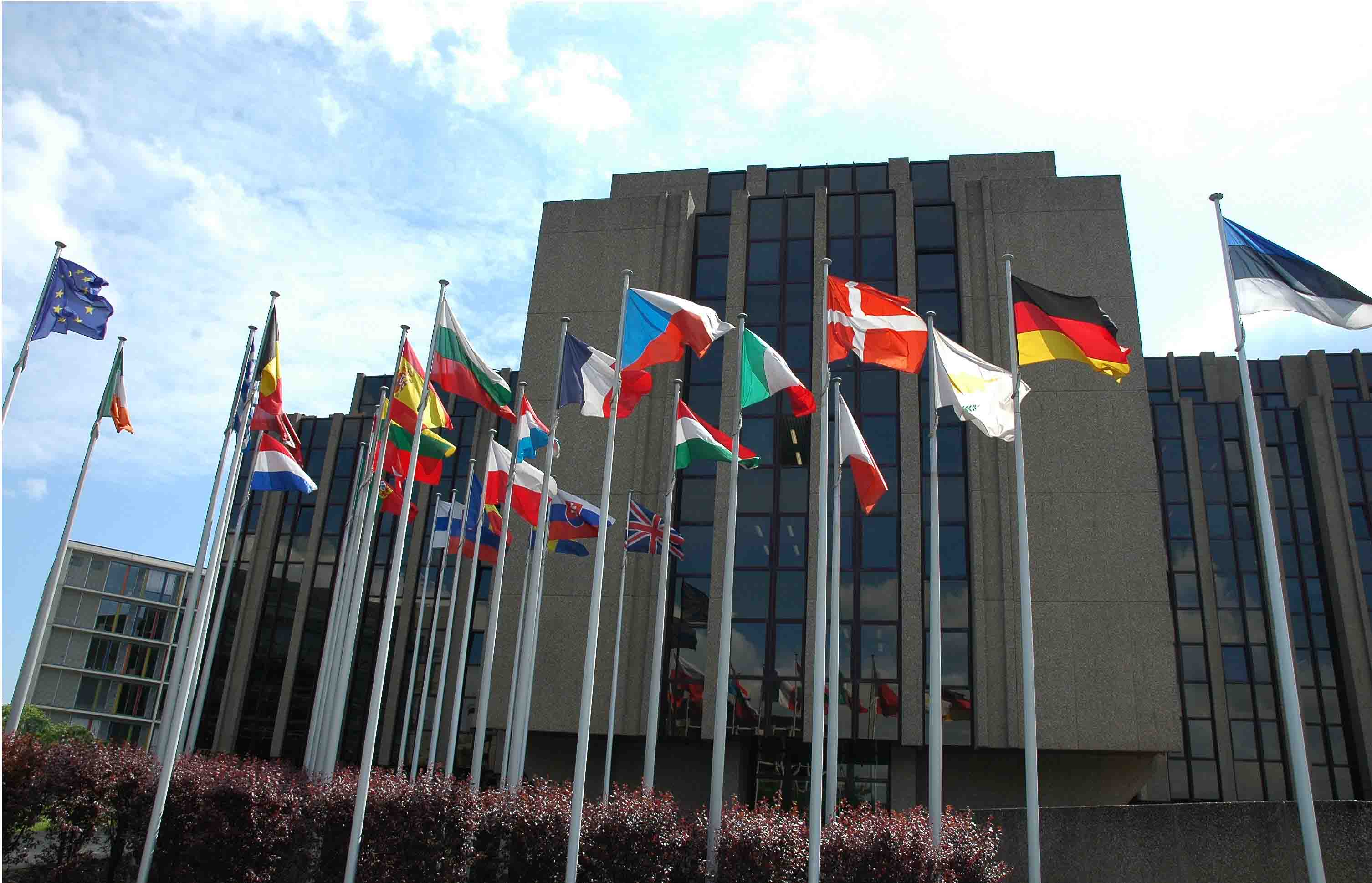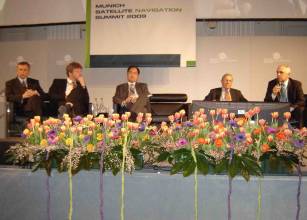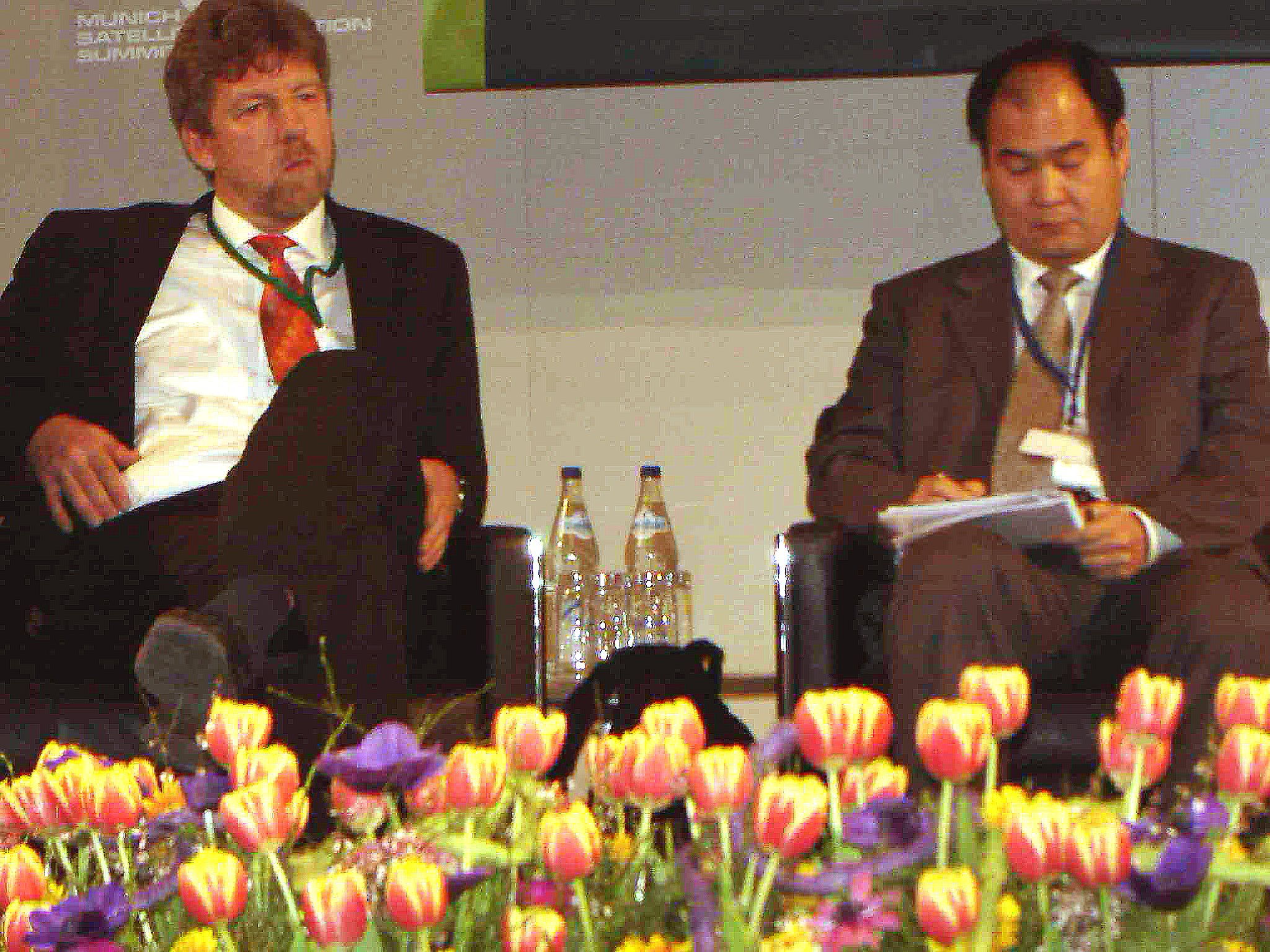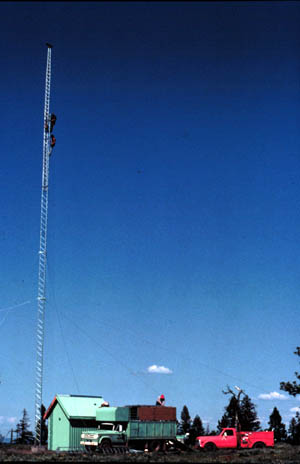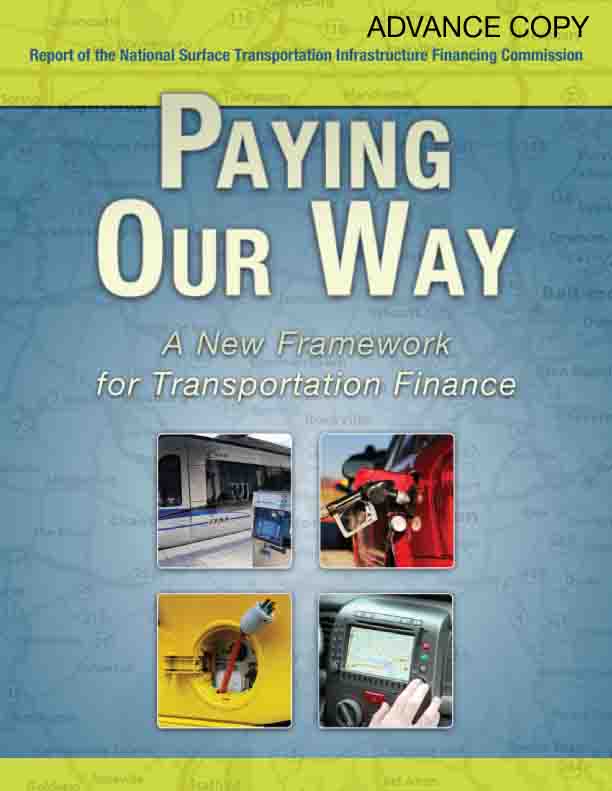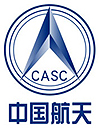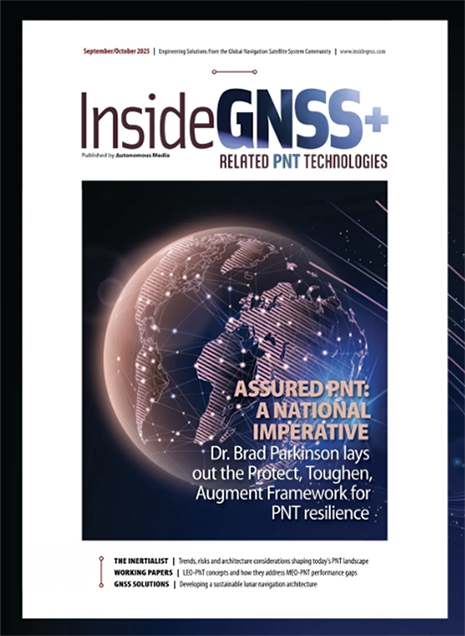January 25, 2009
 Munich Residenz in Germany, site of the ICG meeting.
Munich Residenz in Germany, site of the ICG meeting.
The International Committee on GNSS (ICG) working group on compatibility and interoperability will meet March 2 and 3 at “der Residenz” in Munich, Germany.
The meeting, which takes place immediately before the Munich Satellite Navigation Summit 2009, follows on the most recent gathering of the full ICG and Providers Forum in Pasadena, California, last month. (Presentations from that meeting can be found here.) The Munich discussions will focus on compatibility and interoperability issues and system/service characteristics, such as current and planned signals, system time and geodetic reference frame standards, performance standards and actual system performance, service provision policies, and deployment and operation timetables.
Read More >
By Glen Gibbons
